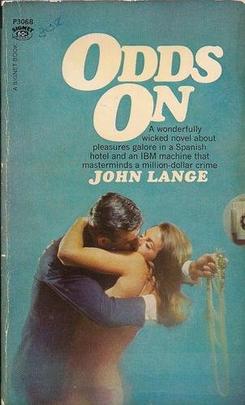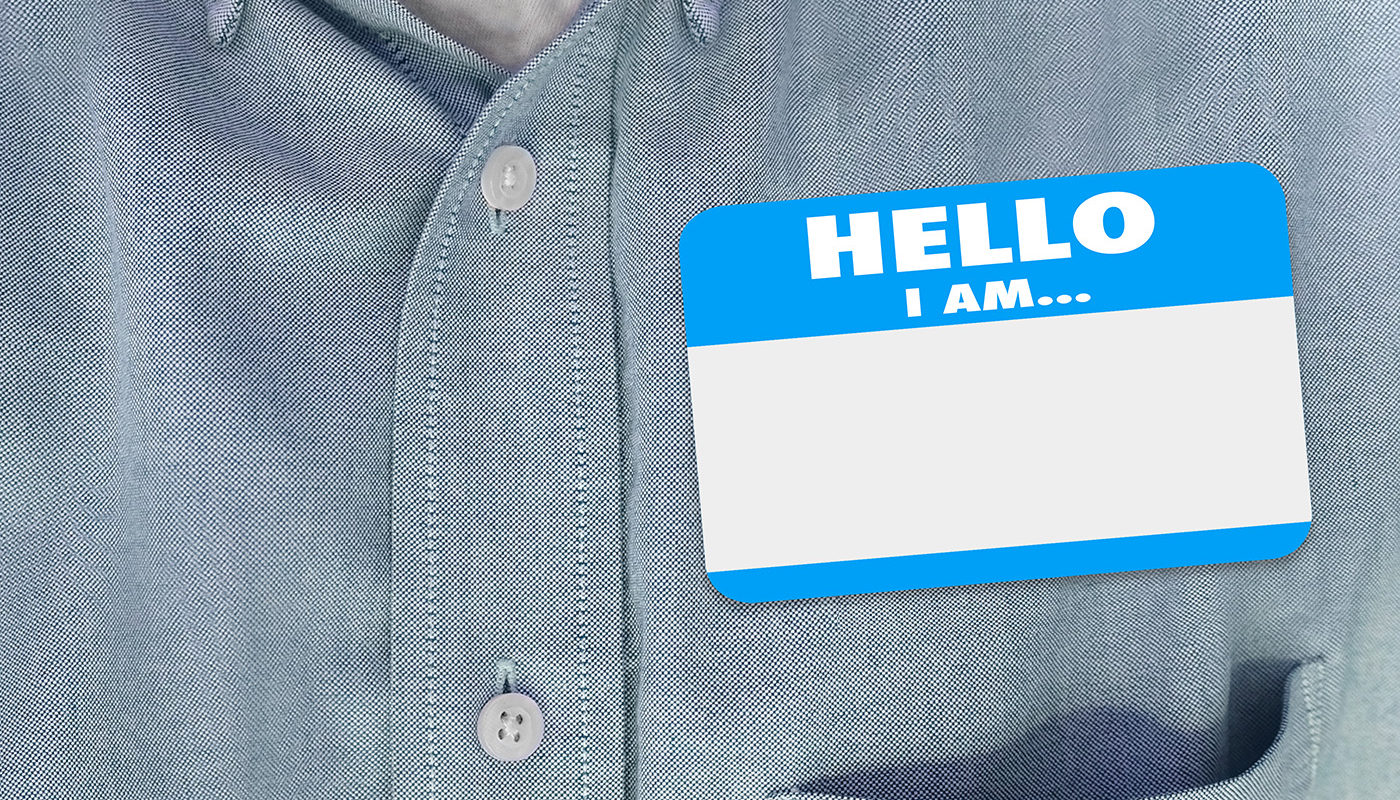Pen names are pretty common, and something a lot of writers starting out might wonder if whether they should adopt one for themselves or not. The answer is there is no right or wrong answer, really. It’s a matter of personal choice and depends a lot on your own goals and preferences. However, to help you figure out what’s best for you, let’s explore some of the pros and cons of using a pen name and why some authors might want to keep their personal identity a secret.
Is a Pen Name Really a Secret?

Well, that depends! It is true that some writers take on a pen name not to be anonymous, but simply because it “fits” better or to create a brand that’s specific for their writing career or particular aspect of their writing career. This tends to be one of the less common functions of a pen name, though, and it’s a lot more like an actor using a stage name. Natalie Portman was born Natalie Hershlag and Olivia Wilde was born Olivia Cockburn. They took on different names for their acting career, but it’s not like they’re hiding who they really are. The same can apply to many writers.
But whether or not the public knows you are the person behind the pen name is mostly up to you. I say mostly because there are certainly a lot of factors outside your control. If you’re writing online, it’s fairly easy to stay anonymous but you could still slip up and reveal personal information that allows readers to connect the dots to your real life persona. And of course if you enter into any kind of business arrangements, such as publishing a book under your pen name or getting a sponsorship on your blog, you’ll probably end up using your real name in legal and financial documents with your business partners. Having them sign an NDA is an important step in protecting your identity, but it isn’t foolproof. When others know your secret, it’ll always be that much harder to keep hidden.
Throughout history there have been many writers who effectively used pen names to stay hidden, but quite a few were eventually found out, particularly posthumously because it’s just very hard to keep something 100% under wraps.
So if you’re looking to take on a pen name to completely and forever hide your personal identity, you should first understand that it will be a difficult challenge and, while not impossible, is unlikely to be totally secret forever, especially if you gain any degree of popularity. People will likely know you’re behind your pen name at some point, but that’s probably okay.
Why Do Writers Use a Pen Name?
There can be several different reasons an author might take up a pen name. The simplest is just because it sounds cool. We can’t all be born with the name R. L. Stine after all. So some authors will take on a pen name because it sounds more marketable or interesting.
And a writer may even have multiple pen names! If you’re writing different genres, this can be to help distinguish your material so that fans of your romance novels won’t mistakenly read one of your horror novels. Since authors tend to develop fans based on what they’ve written, it can be difficult from a marketing perspective to switch genres as it might alienate their core audience. That’s when a pen name could come in handy.

Anonymity is often an important reason for authors to use a pen name, particularly if they have a non-writing career they want to “protect”. They can also use a pen name out of a sense of insecurity about their early work, perhaps not wanting to attach their real name to what they feel is more amateur writing as they hone their craft. Perhaps a good example of an author that fit into these categories would be Michael Crichton who began writing while in medical school under the name John Lange. He once said that a motivating factor in using the pen name was so future patients wouldn’t be worried he might use them for inspiration in one of his novels. Crichton though became a very successful author and so didn’t need to have a career as a doctor.
Once someone with a pen name hits some level of success, it isn’t uncommon for them to start using their real name, though sometimes that can be a risky rebranding move if you’ve built a strong fan base around your pen name.
Writers who are starting out might go with a pen name for their early published works merely to distance themselves from that work. They want to save their real names for their masterpieces and not muddy their name with some unpolished stuff they’re churning out for money or experience. And in some cases a writer might be taking on a gig that they don’t particularly care for or believe in, such as being hired to write political propaganda or marketing copy they personally disagree with. Or it could be a project the writer does believe in and even enjoys, but that they feel will reflect poorly on them in their non-writing life or even in their future writing career. This is often the case for people who write erotic fiction or other types of writing that people might raise their eyebrows about. A pen name gives the writer the freedom to explore topics they want without having them permanently attached to their whole identity.

A more unfortunate reason for pen names is as a response to racism or sexism in the world. Things have gotten much better these days, so it’s less of a problem, but for women and minorities, writing was not something the publishing industry or the public in general would be comfortable with. Since marketing a book written by a woman could be difficult, many female writers from long ago would adopt male pseudonyms in order to get their material taken seriously. Even today some women will opt to initialize their name in order to be more gender-neutral, particularly when writing in genres typically dominated by men.
Likewise, authors with last names that might give away their ethnicity could choose a more white-sounding pen name in order to avoid racism. While obviously a big problem in the pre-Civil Rights era, system racism still permeates much of Western culture and it can be difficult for writers to get their work out when they’re being prejudged as a “minority writer”.
What Are the Downsides to Using a Pen Name?
Just as there are several good reason for using a pen name, there are plenty of reasons not to. The simplest reason to avoid a pen name is so you don’t have any trouble remembering who you are in any given moment! If you’re committing to a certain pen name, or even several of them, it can get confusing to juggle the multiple personas and keep everything straight. It’s much easier when you’re name is Jim and you go by Jim because you can always be certain you’re Jim.
But if you don’t want to be Jim, you should be aware that there can be difficulties with using a pen name. The biggest one is in dealing with legal and financial matters. You’ll need to use your real name on contracts and bank accounts after all. You’d hate to set up a bank account for Rufus Debonair only to get it shut down and be arrested for money laundering. Okay, it probably won’t come to that, but you can fall into legal gray areas if you use your made-up name in financial documents and contracts.

There’s also the issue of copyright to worry about. It’s unlikely to be a huge issue since most likely you can prove you are the person behind the pen name if needed, but depending on where and how you publish your content, it’s possible for you to accidentally give up copyright to your work. Someone else could claim to be the real Wolff Steinam and take your entire series of Omegaverse erotica away from you. You might also find yourself in legal trouble if you infringe on someone else’s trademarks with your pen name. So say goodbye to writing that cookbook under the name Ronald McDonald.
The legal issues will also differ greatly by country, so if you’re considering a pen name you should consult a lawyer in your area to better understand the ramifications.
As mentioned, having a pen name isn’t a guarantee of anonymity either. While it might provide some protection, you could end up with a situation of being publicly “outed” for your pen name, which could perhaps result in more attention than you’d have gotten by simply not trying to hide in the first place.
Finally, the biggest reason to avoid a pen name would be that you might end up stuck with it. You never know what might become a big hit or grow an audience, and it can be hard to rebrand yourself if you ever want to take back ownership of your work under your real name. So if you’re kicking around some pen name ideas, make sure it’s something you wouldn’t mind committing to.
I Still Don’t Know What to Do
That’s okay! Like I said at the start, there’s no right or wrong answer here. And it’s even okay if your attitude about your pen name changes. Sure there are pros and cons to either approach, but nothing is set in stone. Even your real legal name can be changed, so be who you want to be and change who you want to be later if you want.
Just be sure that you put some thought into your future plans and where you think you might go with writing, whether it’s simply a creative outlet or something you want to do professionally. You’ll also need to consider your own unique circumstances such as how your career or family & friends might be affected by your writing. In the end it’s your call, and all you can do is hope for the best and see what happens.




